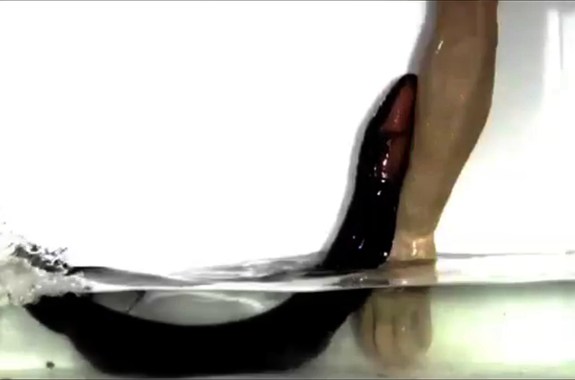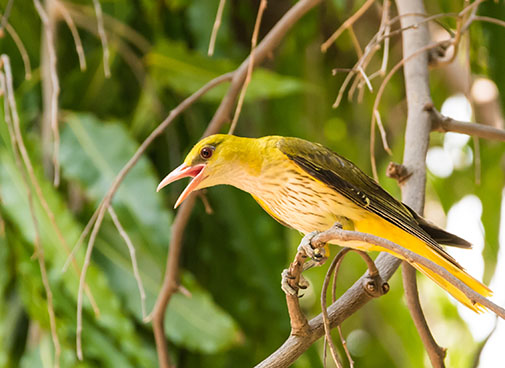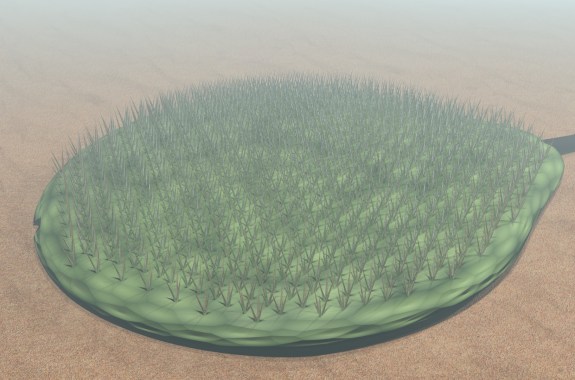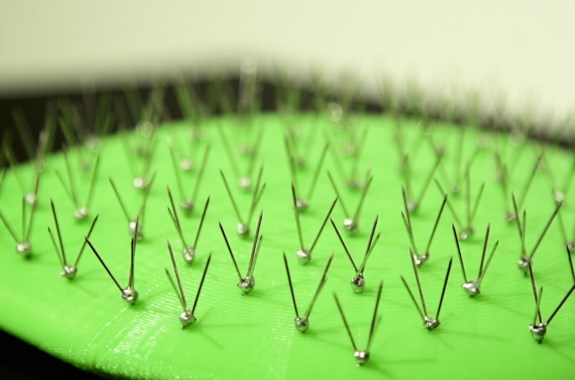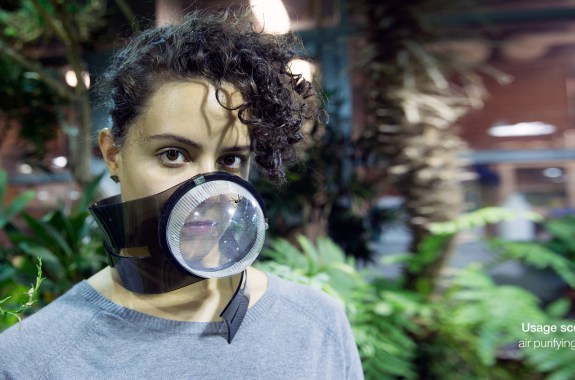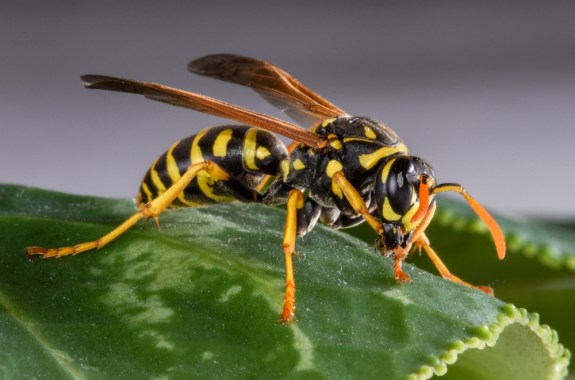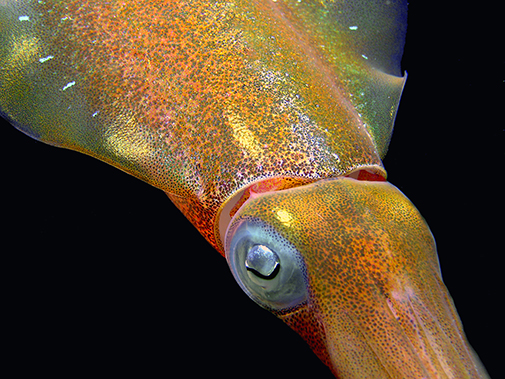When Eels Attack!
Electric eels zap fish and other underwater prey, but what would make them leap out of the water and shock an animal like a horse?
Burping Bioacoustics
Explore the field of bioacoustics by recording and analyzing the sound waves of human burps.
6:12
The Art, and Science, of the Biodesign Challenge
A competition challenges art and design students to face the brave new world of biotechnology.
4:50
Does Human Specimen Research Always Need Consent?
Why scientists don’t want to ask your permission to study your old blood samples.
A Peek at the Possibilities of Biodesign
An air purifier filled with spider webs, a toilet insert that filters estrogen, a cactus-like water harvester—these were just a few of the ambitious and creative ideas presented at the first Biodesign Challenge, which took place on June 23, 2016.
A Peek at the Possibilities of Biodesign
Art and design students envision the future of biotech.
12:07
Crime Algorithm, Space Junk, and Stem Cell Therapies
The legalities of algorithms to predict “high risk” criminals, and the dangers of unapproved stem cell therapies.
11:59
Supercomputer Rankings, ‘Frankenturtles,’ and Psychology of Self-Driving Cars
China tops the list of the world’s most powerful supercomputers, and the psychological toll of autonomous vehicles.
17:21
From ‘Nettles’ to ‘Volcano,’ a Pain Scale for Insect Stings
What we can learn from the man who got stung…willingly…for science.
Make a Squid Print
Observe the different features of a squid from your local market and then create a squid print where you can document your findings.
